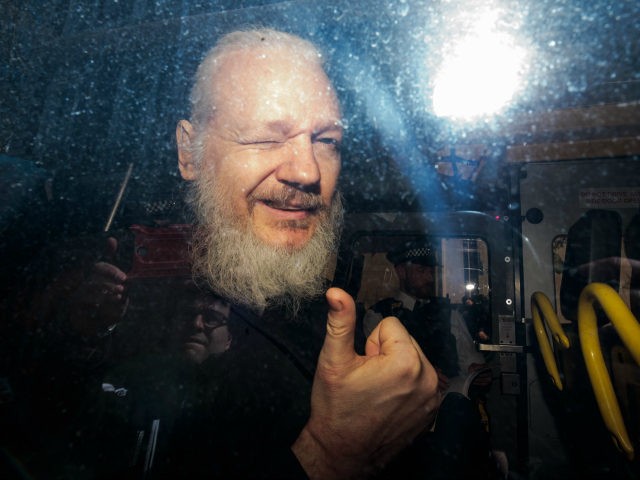A federal grand jury has returned a second superseding indictment of Wikileaks founder Julian Assange with offenses related to Assange’s alleged role in one of the biggest compromises of classified information in U.S. history. The new indictment does not add charges against Assange, but broadens the scope of conspiracy of Assange’s alleged computer crimes against the government.
A recent release from the Department of Justice states that Wikileaks founder Julian Assange has been indicted by a federal grand jury charging Assange with offenses related to his role in one of the largest compromises of classified information in the history of the United States.
The new indictment does not add to the prior 18-count superseding indictment that was returned against Assange in May 2019, but it does broaden the scope of the conspiracy surrounding the alleged computer intrusions that Assange was previously charged with.
The release from the DOJ states:
Since the early days of WikiLeaks, Assange has spoken at hacking conferences to tout his own history as a “famous teenage hacker in Australia” and to encourage others to hack to obtain information for WikiLeaks. In 2009, for instance, Assange told the Hacking At Random conference that WikiLeaks had obtained nonpublic documents from the Congressional Research Service by exploiting “a small vulnerability” inside the document distribution system of the United States Congress, and then asserted that “[t]his is what any one of you would find if you were actually looking.”
In 2010, Assange gained unauthorized access to a government computer system of a NATO country. In 2012, Assange communicated directly with a leader of the hacking group LulzSec (who by then was cooperating with the FBI), and provided a list of targets for LulzSec to hack. With respect to one target, Assange asked the LulzSec leader to look for (and provide to WikiLeaks) mail and documents, databases and pdfs. In another communication, Assange told the LulzSec leader that the most impactful release of hacked materials would be from the CIA, NSA, or the New York Times. WikiLeaks obtained and published emails from a data breach committed against an American intelligence consulting company by an “Anonymous” and LulzSec-affiliated hacker. According to that hacker, Assange indirectly asked him to spam that victim company again.
In addition, the broadened hacking conspiracy continues to allege that Assange conspired with Army Intelligence Analyst Chelsea Manning to crack a password hash to a classified U.S. Department of Defense computer.
The indictment contains allegations that Assange has committed a crime, he is presumed innocent until he is proven guilty beyond a reasonable doubt. If Assange is convicted he faces a maximum of 10 years in prison on each count except for conspiracy to commit computer intrusion for which he would receive a maximum penalty of five years in prison.
Assange is currently detained in the United Kingdon on an extradition request from the United States. Read the full release from the DOJ here.
Lucas Nolan is a reporter for Breitbart News covering issues of free speech and online censorship. Follow him on Twitter @LucasNolan or contact via secure email at the address lucasnolan@protonmail.com

COMMENTS
Please let us know if you're having issues with commenting.